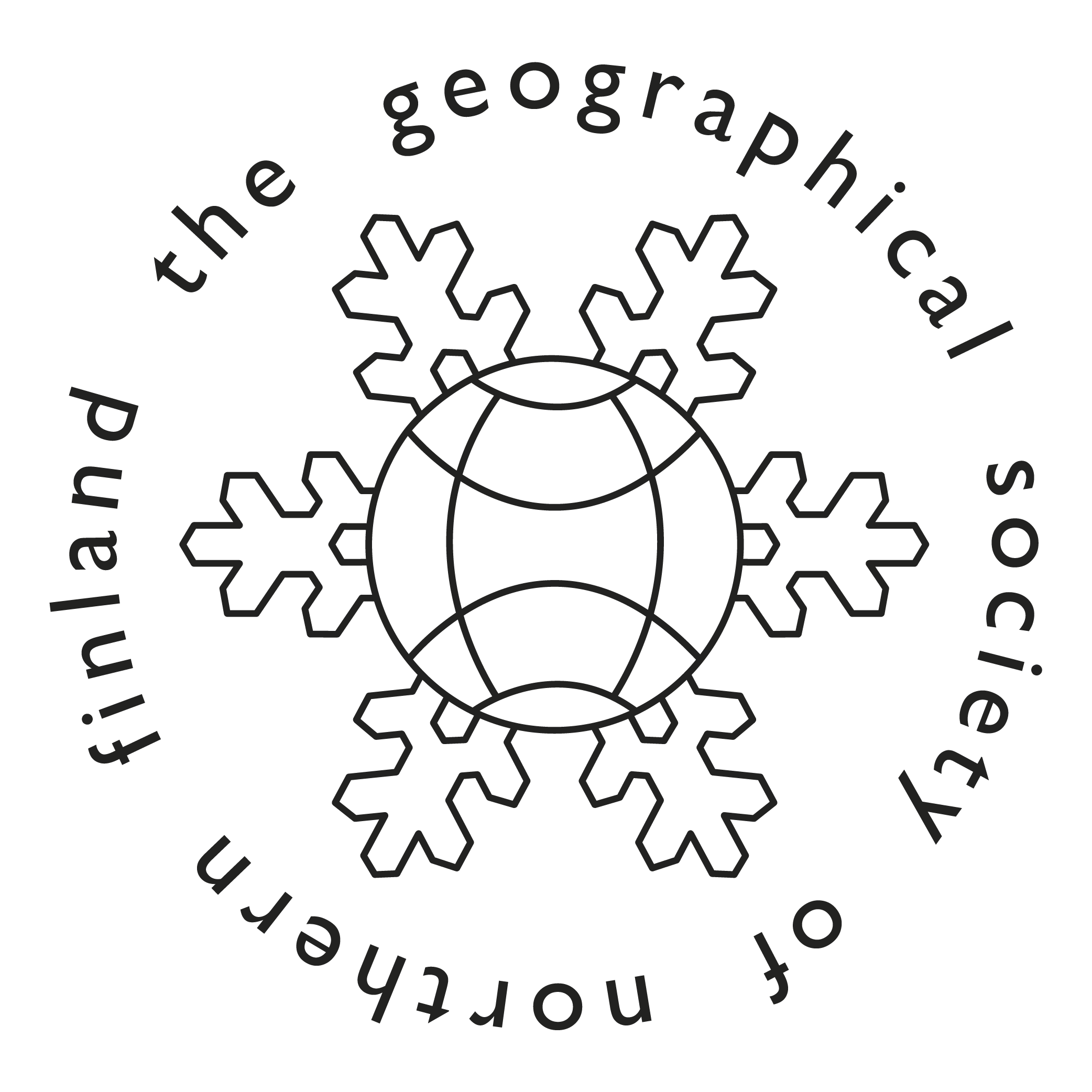Negotiation strategies and agreement-making models in large-scale resource development projects in Yamal, Arctic Russia
Abstract
Based on ethnographic fieldwork material and other data collected during 2006–2009, this article examines contemporary models of agreement-making and partnerships negotiated between the local communities, government, and resource corporations in the Russian District of Purovsky (Arctic Yamal). The Yamal region has Eurasia’s richest oil and gas reserves, and is an important crossroads region where various geopolitical and financial interests intersect. With the opening up of new gas and oil fields, and construction of roads and pipelines, Yamal is experiencing rapid changes and is being challenged to reshape its many ‘frontiers’ in which people, energy, and decisions are closely linked to one another. Since the late 1970s, resource development projects have had significant impacts on the lives of the local people in the Purovsky tundra. Along with experiencing negative consequences, such as water and soil contamination and other impacts on land, society and wildlife, local communities have also developed creative ways of adaptation, decision-making, and self-organization.






